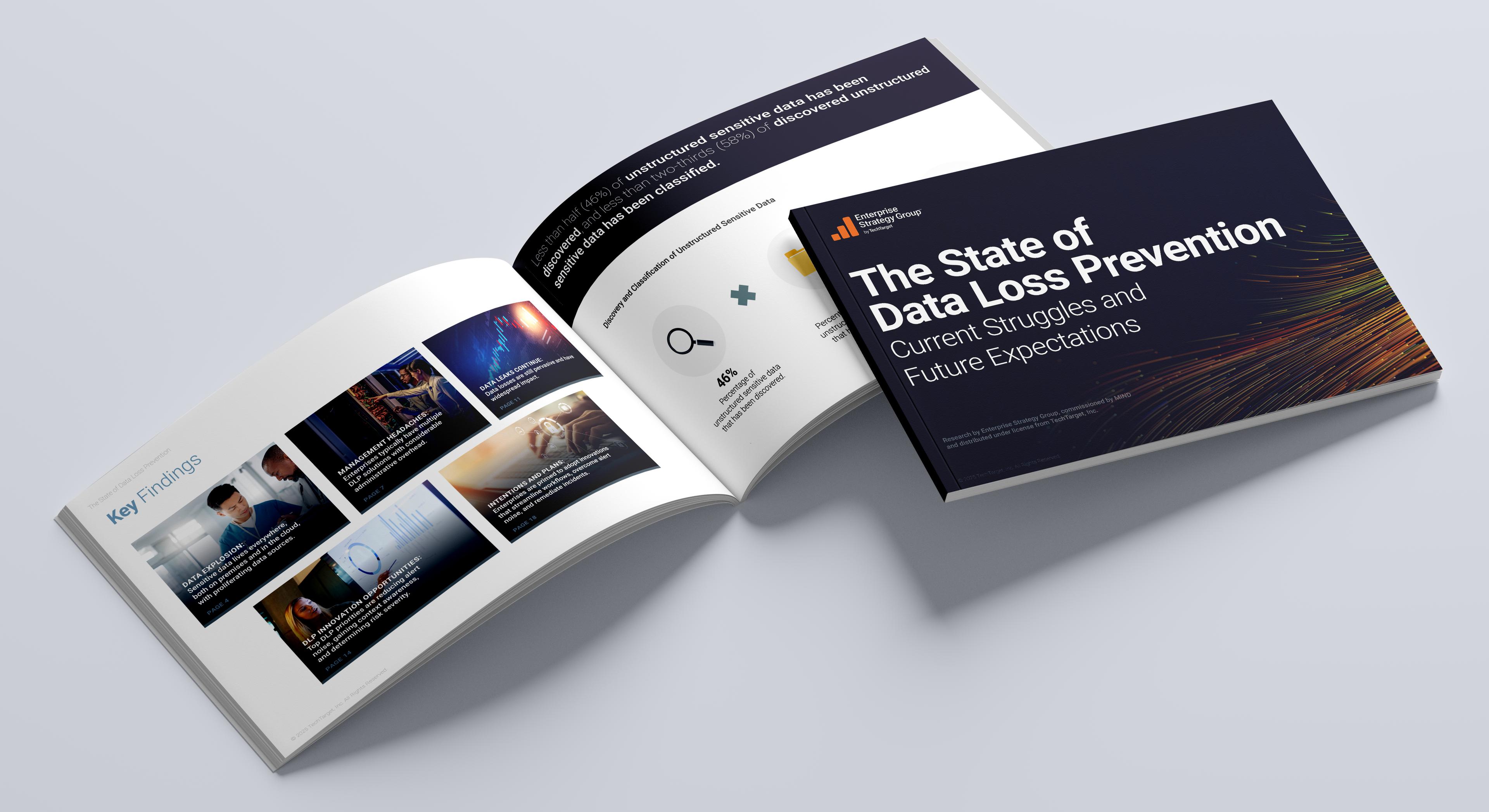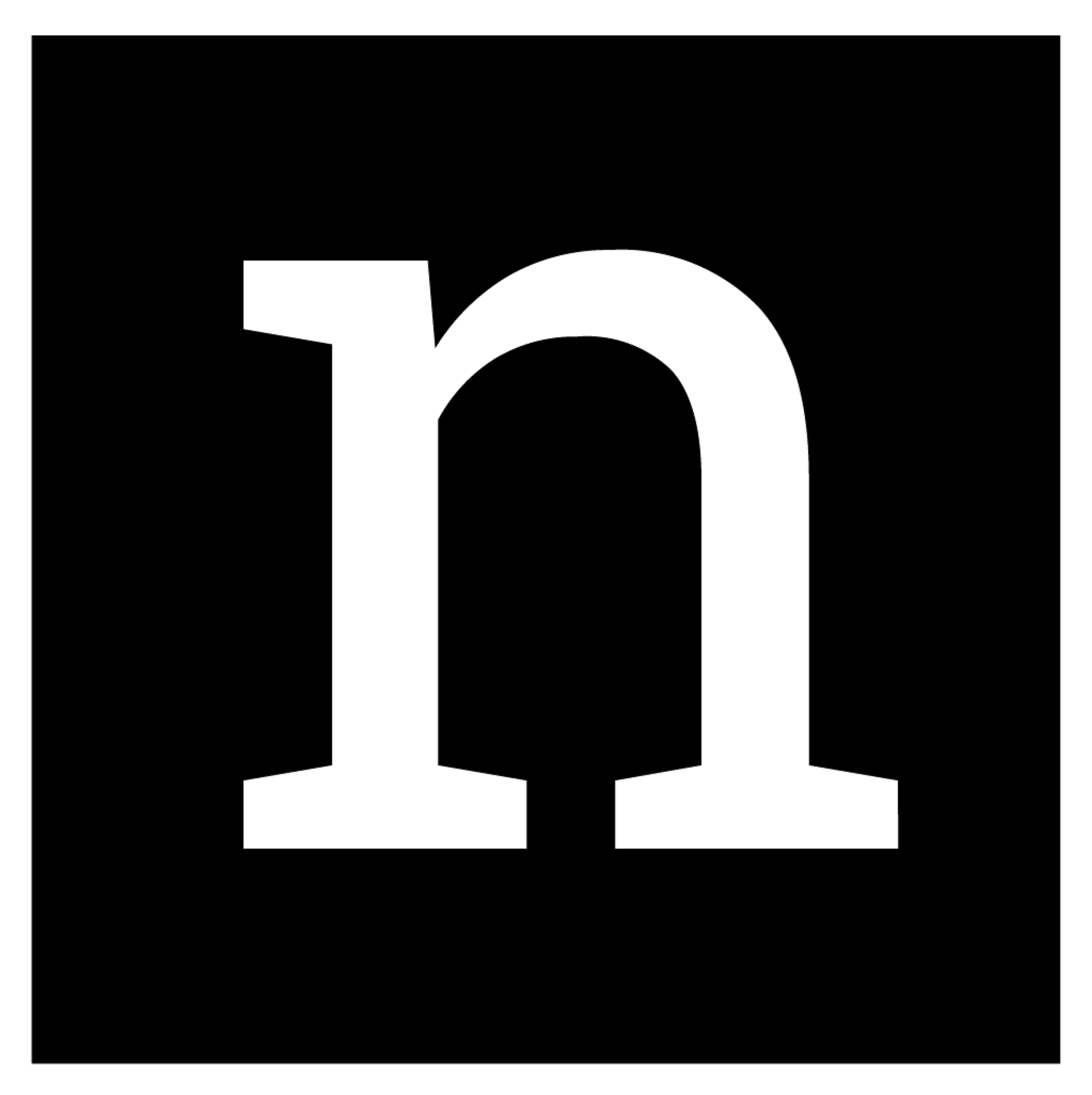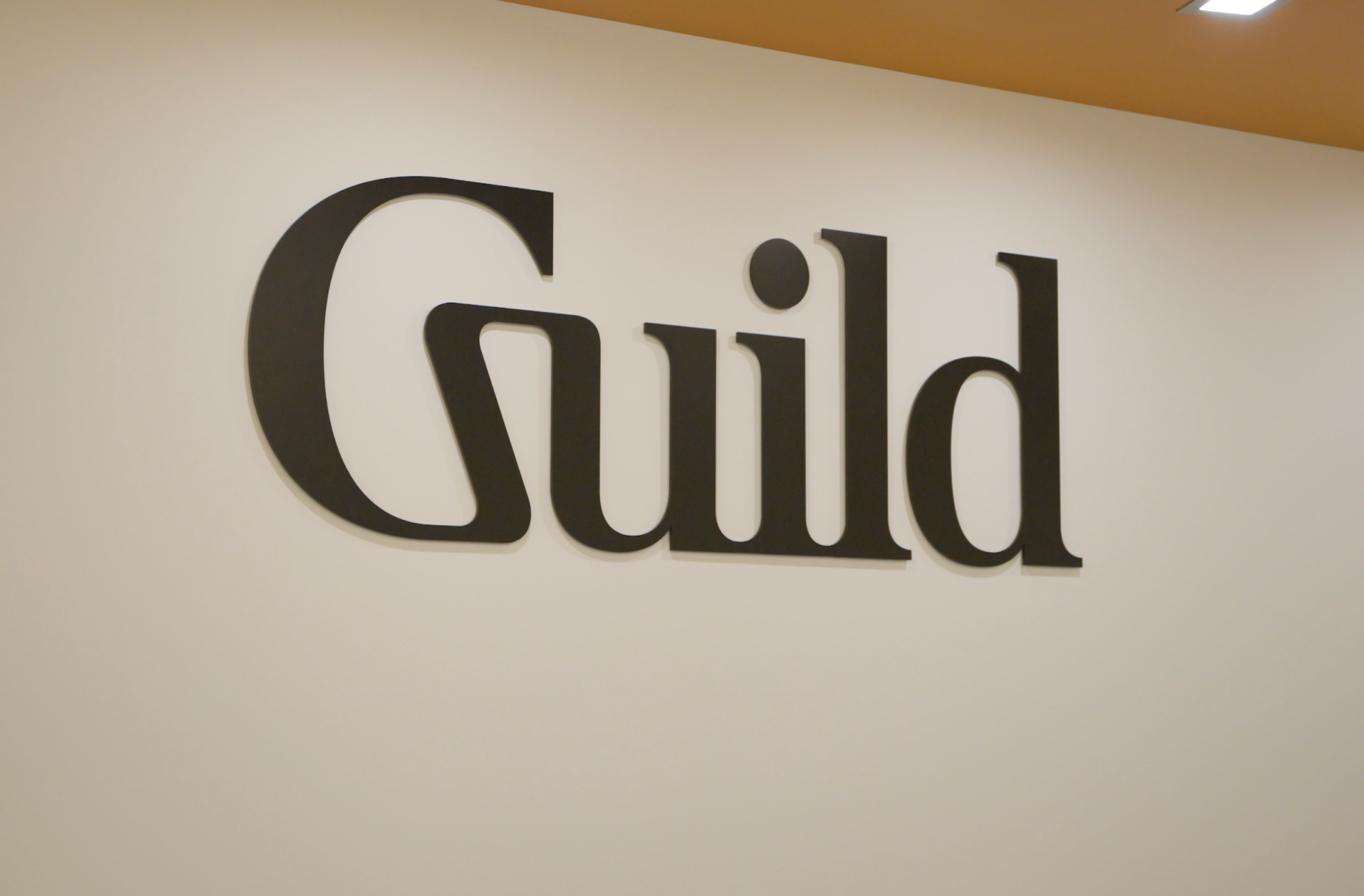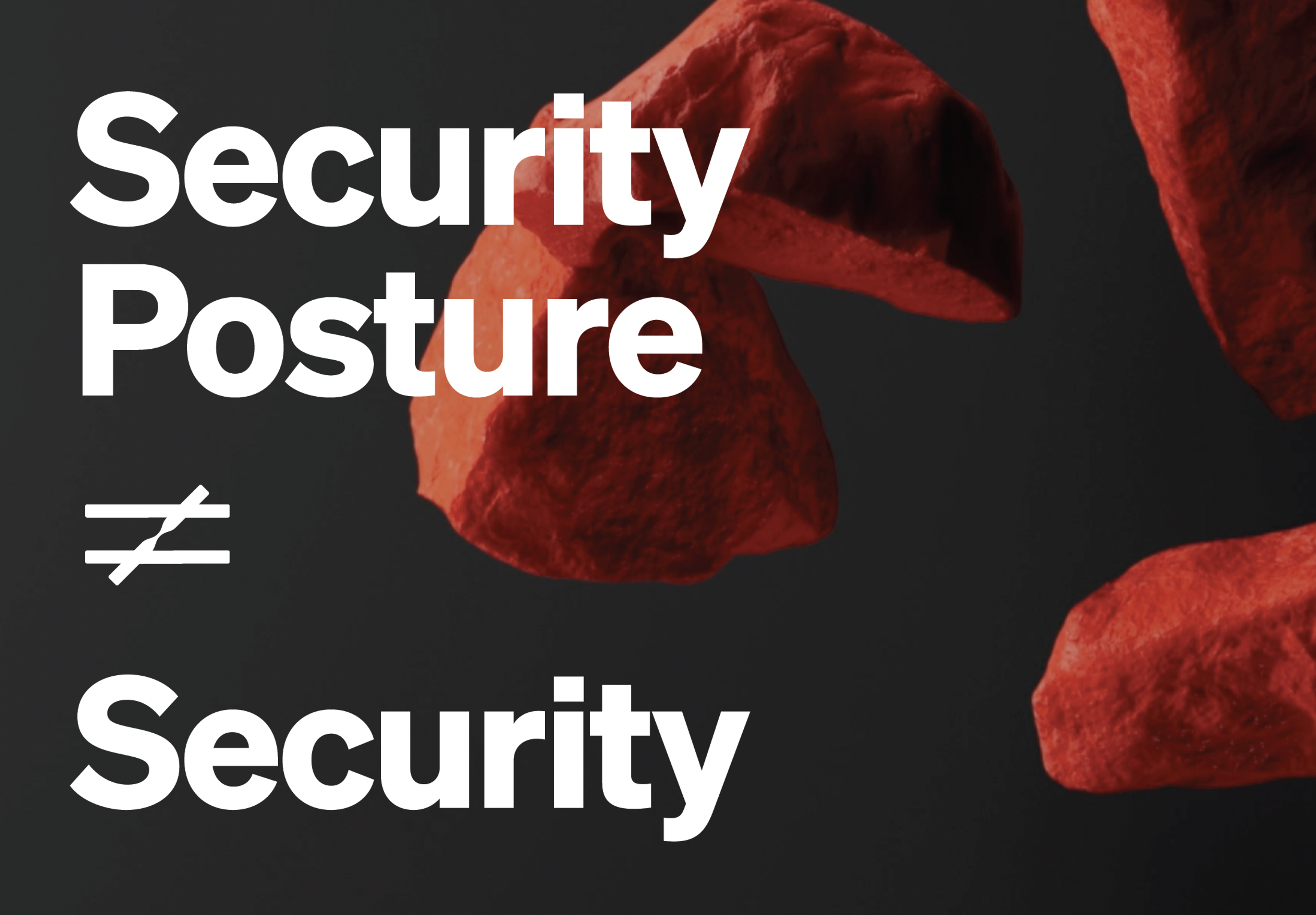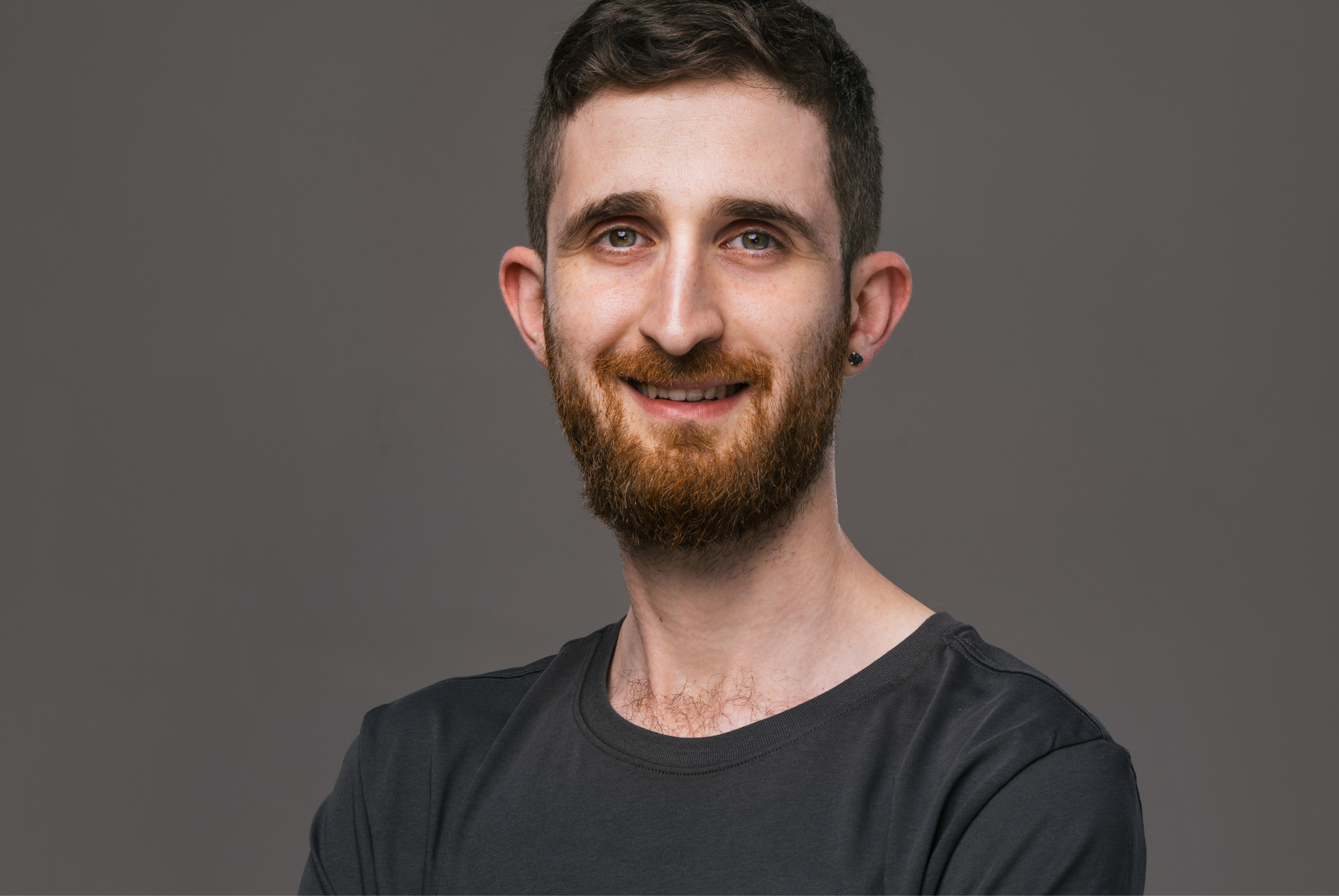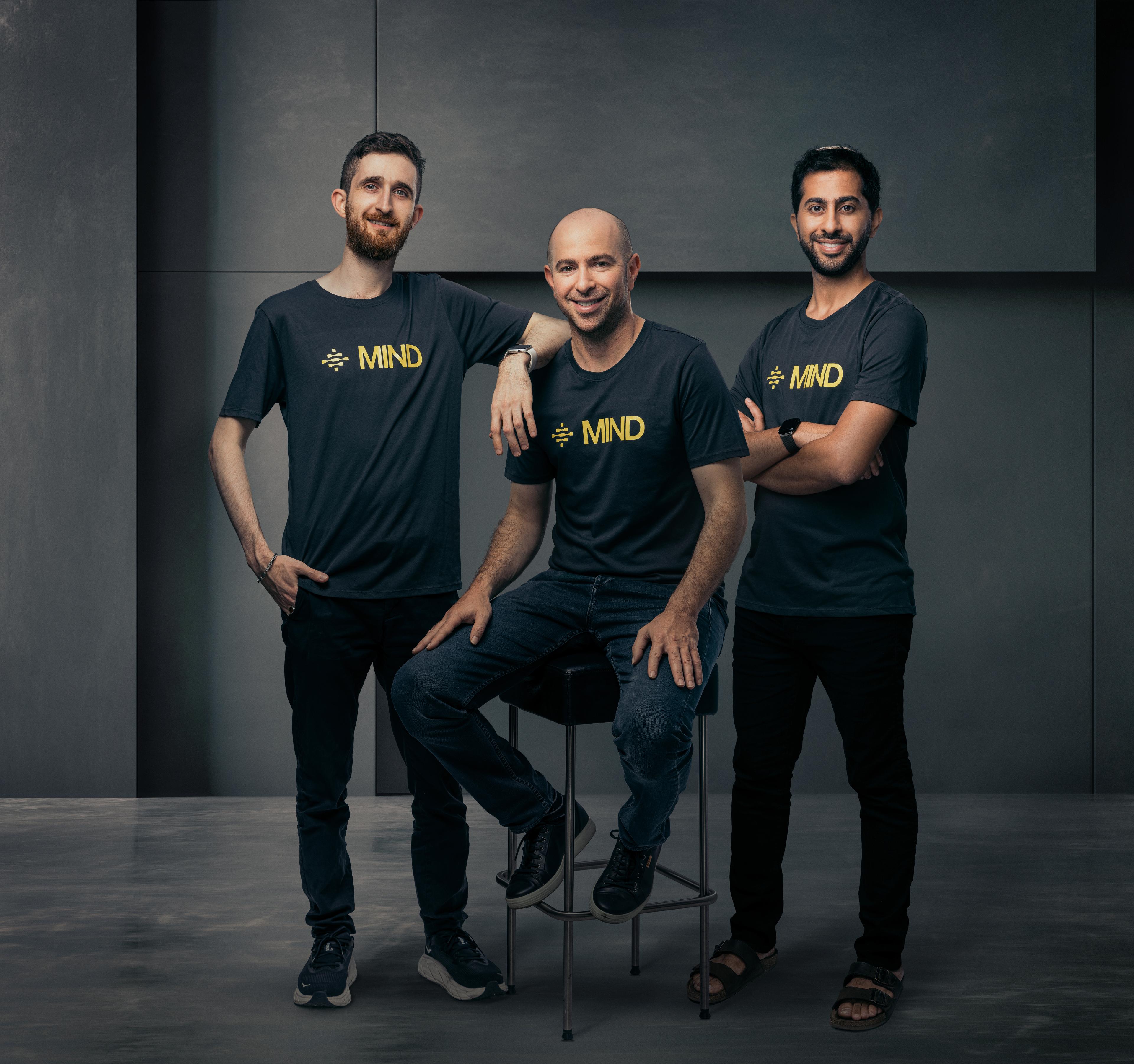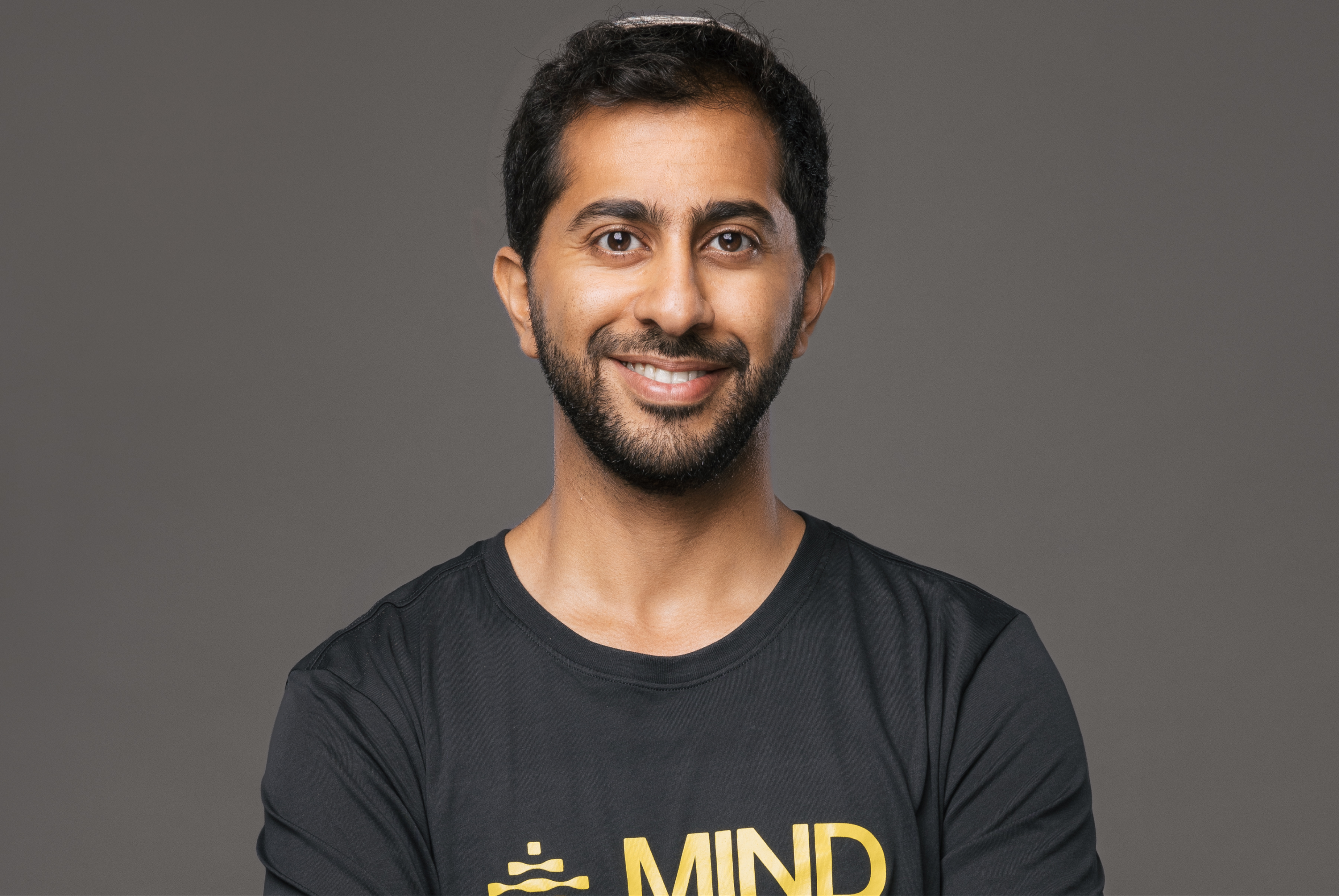The role of perseverance in making MIND
The role of perseverance in making MIND
Before co-founding MIND, I worked in cybersecurity at the prestigious Israeli Military Intelligence Unit 8200. After that, I worked at Axonius and then Torq, both remarkably innovative companies who were early in pioneering AI-driven operations. At both places I was also among the first employees, giving me rare insight and experience in building and scaling companies from the ground up.
Building from the ground up
At Torq, I had the unique opportunity of being the first employee. Starting a company from zero is such an incredible experience. When you first come in there’s nothing—no code at all, no processes, no culture. To be accurate, there were three of us first employees who started at the same time, so we did this together. I vividly remember sitting in the room and saying, ‘ok, let’s start.’
Even before, when I was at Axonius, it was a similar experience because I was such an early employee. We were so small and the technology was so early. It’s incredible to see where the company is today. Now it’s a successful business with nearly 700 employees and a cybersecurity unicorn in its market.
People ask me what it’s like to start a startup. To be honest, it’s not scary to start. It’s the day-to-day that’s very intense. There are so many different things you need to be thinking about, and each of those is equally big and equally important. From hiring to marketing and sales, to obsessing over the customer. And it’s a startup, so nothing is set.
Now at MIND, I’m bringing along with me everything I learned. One thing that’s a little different is our transparency with the team. We’re very open about what’s happening with the company. We record meetings and provide summaries for everyone to see. The engineers putting the work in and building the product deserve to know why certain decisions are being made. I do my best to do right by them.
Inspired by relentless dedication
I’ve always believed that success is earned through hard work, perseverance and a commitment to constant improvement. From a young age I’ve been surrounded by exceptional minds. Many of my own family members are some of the smartest people I’ve ever known. Some of my closest peers from the 8200 have founded their own successful companies, and I’m inspired by their brilliance. I’ve also seen firsthand the level of discipline and effort it takes.
Being around greatness is its own kind of motivation. I think this gave me a special power: I practice, put the work in and don’t give up until I succeed. For me, mediocrity has never been an option. I’ll relentlessly work on a problem until I figure it out.
And I love it—this work ethic is part of who I am. I have an innate desire to do the hardest things. I find myself seeking out the biggest and toughest challenges, wanting to solve the unsolvable. My co-founders Eran and Hod share this sensibility. We knew our vision for MIND was big and ambitious. We knew it would be really, really hard. But we knew we could do it.
Learning from mistakes
Whenever you do hard things, there will be things that inevitably go wrong. Early on in my career I learned how important it is to acknowledge failures. I’ve watched other people try to hide from failure, and they point to which factors had been out of their control. To me, that’s missing out on a crucial opportunity to learn. Don’t just say ‘oh that didn’t work so let’s do something else.’ Instead, fully own and honestly evaluate what happened. Mistakes do happen. That’s okay. Because they make us better.
The reality is, no matter how much effort you put into your work, you’re going to fail from time to time. There will always be things we can’t control. Don’t take these things for granted. Confront what you’re good at—or not good at—so you know where to ask for help. It will prevent you from repeating the same mistake, and you’ll be a better person for it.
Finally doing data security right
When you look at the cybersecurity industry as a whole, there are five or six categories that are essentially the core building blocks for everything else. But data security has always been an outlier because it’s extremely hard to execute. This is a really, really important domain, but it’s very challenging. Until we came along, nobody seemed interested in solving it.
Before MIND, the building blocks of data security hadn’t meaningfully changed in decades. It’s always been the same players with the same technology that was developed in the 1990s. Every data security vendor since then has been plagued with the same issues: false positives and untrustworthy results. Not to mention expensive, cumbersome, manual and draining on time and resources.
It’s no wonder CISOs have been asking themselves if it’s even worth the effort. Under the surface, meaningful innovation just wasn’t taking place. Not only was it a really difficult problem, but the domain wasn’t seen as exciting. Customers didn’t like their data loss prevention (DLP) options. Vendors weren’t evolving. And everyone just kept using the same tools anyway for compliance reasons rather than for cybersecurity and risk reduction. Meanwhile, analysts were already starting to call data security an obsolete and unsolvable category.
The Dr. Jekyll and Mr. Hyde of AI in cybersecurity
We saw early on that artificial intelligence would be a Dr. Jekyll and Mr. Hyde scenario in cybersecurity. On the one hand, Generative AI was increasingly being leveraged for amazing business productivity, but on the other, it was an emerging source of sensitive data leaks by employees using it. We actually saw an opportunity to innovate with next-generation AI technology to transform how DLP is done.
MIND AI is the result of years of perseverance and hard work. We finally built a solution that understands sensitive data based on context. Once we taught our AI engine how to learn to accurately decipher and classify the information, we could tailor algorithms and policies, enabling the entire solution to ultimately run on autopilot.
For years, conventional DLP tools have been widely regarded as mediocre. I don’t believe in mediocrity, and organizations shouldn’t have to settle for it. That’s why we created MIND. My co-founders and I knew we could solve this problem. So we relentlessly worked on it until we figured it out.
